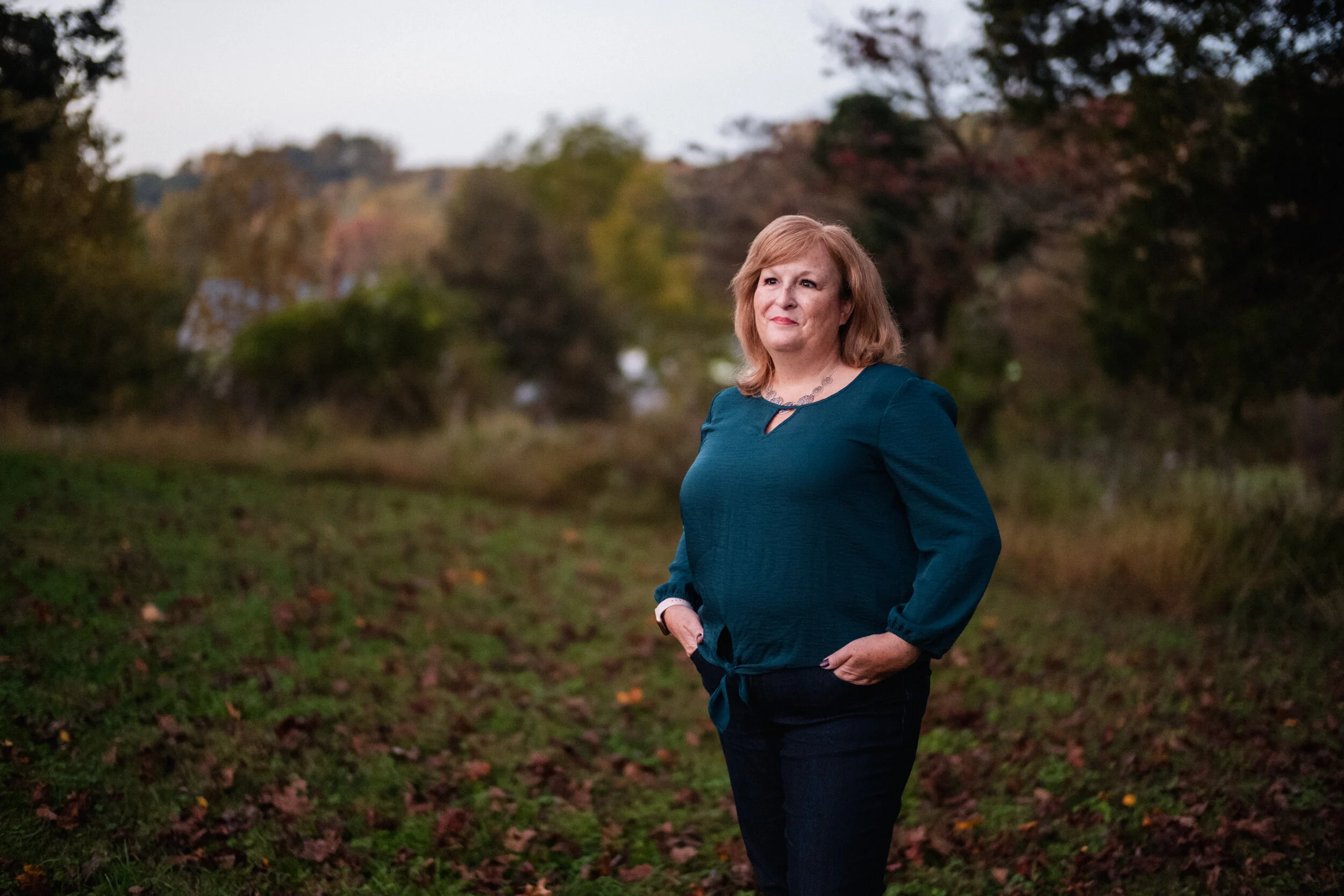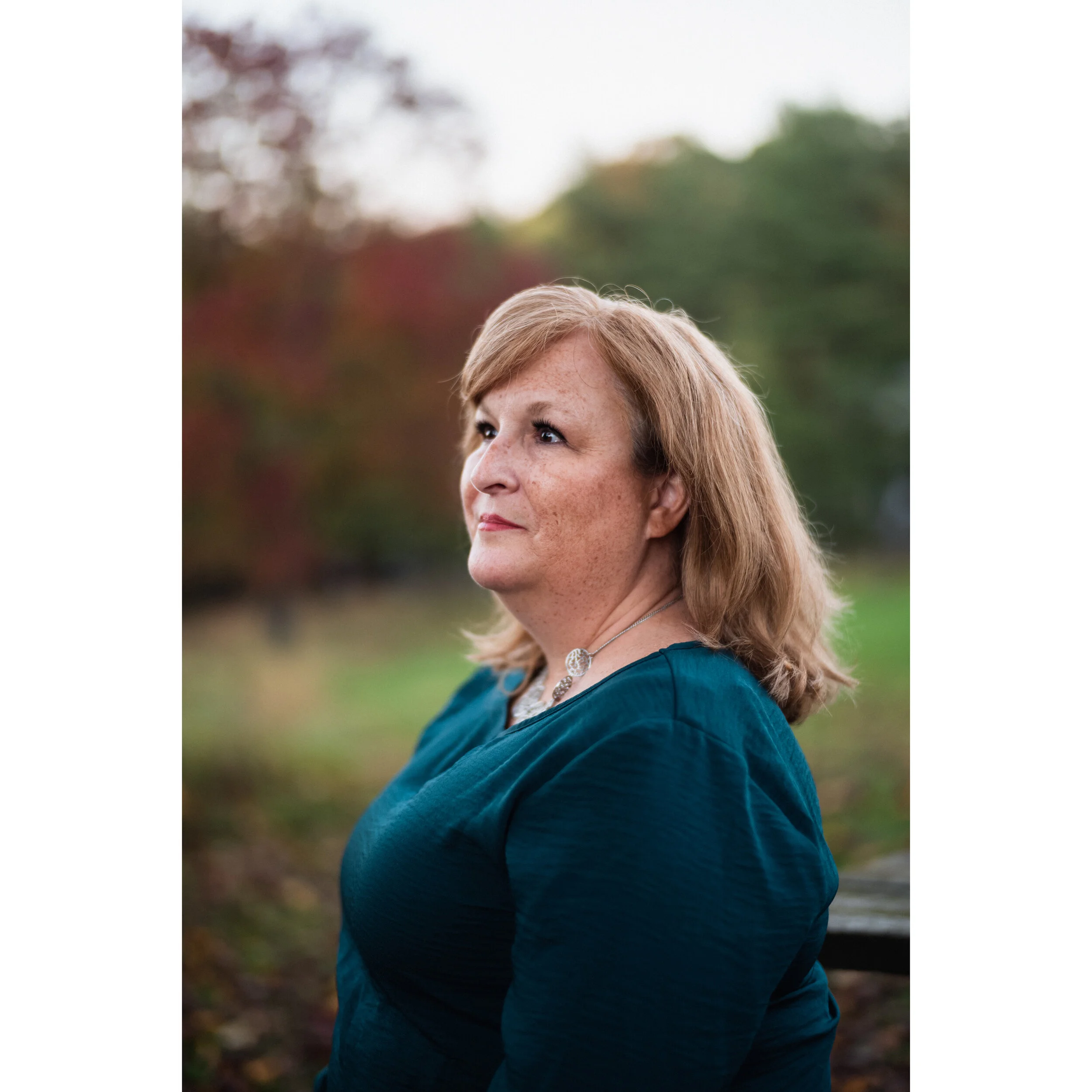Breast Cancer Diaries: Donna
Photography by Dave Cooper
Text by Jennifer Cooper
“Before, people in stage four didn’t live very long, but now you can live 20 to 25 years. ”
Throughout the month of October, we’re sharing personal stories of women affected by breast cancer. This is the conclusion of our series. Here are links to part 1, 2, 3, 4, & 5. You’ll want to read them all.
In 2009, Donna Miracle was diagnosed with breast cancer. After a series of treatments that included radiation, chemo, and removing a tumor from her breast, she felt like she could get back to raising her young daughter and trying to salvage her marriage.
Five years later, just after her 40th birthday, a doctor told her what no one wants to hear. The cancer was back and it was stage four.
But before you get sad, know that this isn’t a story about dying. This is a story about living.
I met Donna a year ago. She was hosting a gathering of local women, and my friend Jenny invited me along.
Jenny is one of those people who knows and loves everyone. I’m a bit of a hermit who mostly enjoys my safe space on the outside of most social circles, but Jenny eased my apprehension by telling me that Donna is incredible. Jenny also gave me some other bullet points about Donna so I had something to go on, saying, “She’s separated, has a daughter the same age as your son, works in Human Resources… and she has stage four breast cancer.”
Jenny herself had just had a hysterectomy and double mastectomy after testing positive for the BRCA 2 gene. With 1 in 8 women getting breast cancer, the odds are we all know someone who’s fought it.
Donna’s house was filled with women and food and drinks and lovely energy. I caught a moment aside with her and we talked about life and I walked away thinking, “How can this woman—who is so vivacious—have stage four cancer?”
A year later, Donna and I got back together to have another talk about life. This time our conversation is set within a backdrop of brightly colored autumn leaves on hundred-year-old trees, deer grazing in the distance, and a waxing moon rising in the sky.
JC: Let’s start with the diagnosis. Can you take me back to that moment?
DM: The first diagnosis was in 2009. Triple positive and stage two. I did a year of treatment but suffered residual side effects.
JC: Like what?
DM: Chemo brain, radiation side effects. I don’t ever feel like I’m at the same cognitive level as I was before the treatments.
JC: What about the second diagnosis?
DM: I was actually feeling really good that year until the middle of it. Then the pain started and I was told the cancer had spread to my spine and pelvis.
JC: What was it like to hear stage four?
DM: It was very scary. My oncologist looked at me and said, “Let’s give you something to help you.” He prescribed me an antidepressant. It took a week or two, but I felt like myself again.
JC: Thank goodness for that!
DM: I thought stage four means you die soon. But that’s not the case anymore. My cancer is aggressive but also very treatable. It’s also only in my bones, which is the best option. As long as it stays in my bones, I can live a long time.
JC: When we first met a year ago, you told me you were open to finding love again. Tell me about that. How’s it going?
DM: My husband had an affair when I was going through my second round of chemo. He couldn’t deal with not being the center of attention. He actually said, “I didn’t think you’d live this long.”
JC: Holy shit!
DM: Yes. Right now it’s challenging to let someone else into my bubble. Even without COVID it’s hard, because at what point do you tell someone you have cancer? It’s hard enough already to put yourself out there at this age.
JC: I have a couple of friends in their 40s who use dating apps. It’s a whole thing, isn’t it?
DM: At the beginning, you put yourself on these apps and it’s hard on you when you see someone looked at your profile but didn’t communicate with you. It’s taken a long while for it not to bother me.
JC: What’s the response been like?
DM: It’s actually been surprising. I was so nervous the first time. But every time I’ve told a guy about my cancer, they’ve been cool.
JC: Really?
DM: Really.
JC: Well, my faith in humanity is in danger of being restored. Tell me the biggest challenges you face.
DM: Before, people in stage four didn’t live very long, but now you can live 20 to 25 years. But the therapies that help you live are also hard on your body. They’re hard on your heart, your liver. Dr. Susan Love who is a breast cancer researcher and advocate calls it “Collateral Damage.” So the question becomes, can we make these treatments as effective without as much damage? There’s also the issue of how much care costs. It can be $200,000 to $300,000 a year. You have to think about that.
JC: Yes, who can afford that and who can’t. Our system is a total mess. My hope is that it changes. I know you want that, too. What are your other hopes?
DM: My hopes? Well, I want as many years as I can have. That they’ll be relatively healthy. And I hope that when I go, it can be peaceful and it’s not painful for me or my family.
JC: I think death is the one of the greatest fears any of us have, right? It’s also the reality for 100% of us.
DM: My greatest fear isn’t dying. It’s dying alone. I think I subconsciously built this network of people around me because of all the things I wasn’t getting in my marriage. I have this phenomenal support system with my extended family. Now I feel really well supported. I know they’ll be there for me.
JC: What’s been the hardest part of all this?
DM: Accepting that my life is not going to go down the normal trajectory that I was hoping it would. The thought of not being there when my daughter gets married or when my grandchildren are born, that’s hard.
I’ve had a lot of people over the years tell me I’m so strong, and I always tell them I’m either strong or stupid, I’m not sure which. I choose to take the next step. I’m a big believer in not comparing yourself to anyone else. I think it’s also important not to underestimate yourself. So yes, it’s hard and yes, it’s scary, but everyone has a different way of approaching things and it really depends on how you want to fight for your life.
JC: What do you want people to know about living with stage 4 cancer?
DM: I want people to know it’s not necessarily a death sentence and people don’t always have to look sick to be sick. Also, that it’s okay to be curious. It’s also okay to forget the person has cancer for a while.
JC: So just treat you like you’re living?
DM: You know I had friends who hid their personal struggles from me. I was open with them that it hurt me. They felt like their struggles weren’t as important as mine. I told them that it hurt me that they didn’t share what was happening, because it made me feel like they didn’t want me to be their friend. I said, “You don’t have to compare your struggle with my own struggle.”
JC: Because we’re all in this together, right?
DM: Yes.
Donna’s story folds into the stories of so many others across the US and the world who are fighting breast cancer. And while this month is so often dedicated to pink ribbons, the true power lies in dedicating October to the awareness of the barriers we need to remove so that women can live their healthiest lives.
That is important every day, every month, and every year. It is especially important as we head out to vote in this current election. Reducing the cost of healthcare, untangling it from employment, eliminating racism and its effects, funding science, and taking a community-care approach are all vital to ensuring the health of not only our women, but of our entire society. Because we are all in this life together.
What happens to one, should matter to all.
I never want us to lose sight of that.
There is one last thing I want to say before we end this series, and that’s about research funding. Thirty percent of patients with breast cancer will have their cancer metastasize, like Donna’s. Yet less than 5% of total cancer research goes to researching stage four cancers.
So until policies change, it is up to us to help spread the word about this critical gap in research so that women like Donna and the 30% of those with cancer are given the chance to live out full, beautiful lives.
Please visit metavivor.org for more information.
And thank you for your support of this series. Your shares have been instrumental in helping amplify these voices and stories.
Additional editing on this piece was provided by Kathy Cornwell
Additional story development for this series was provided by Cassie Boorn



